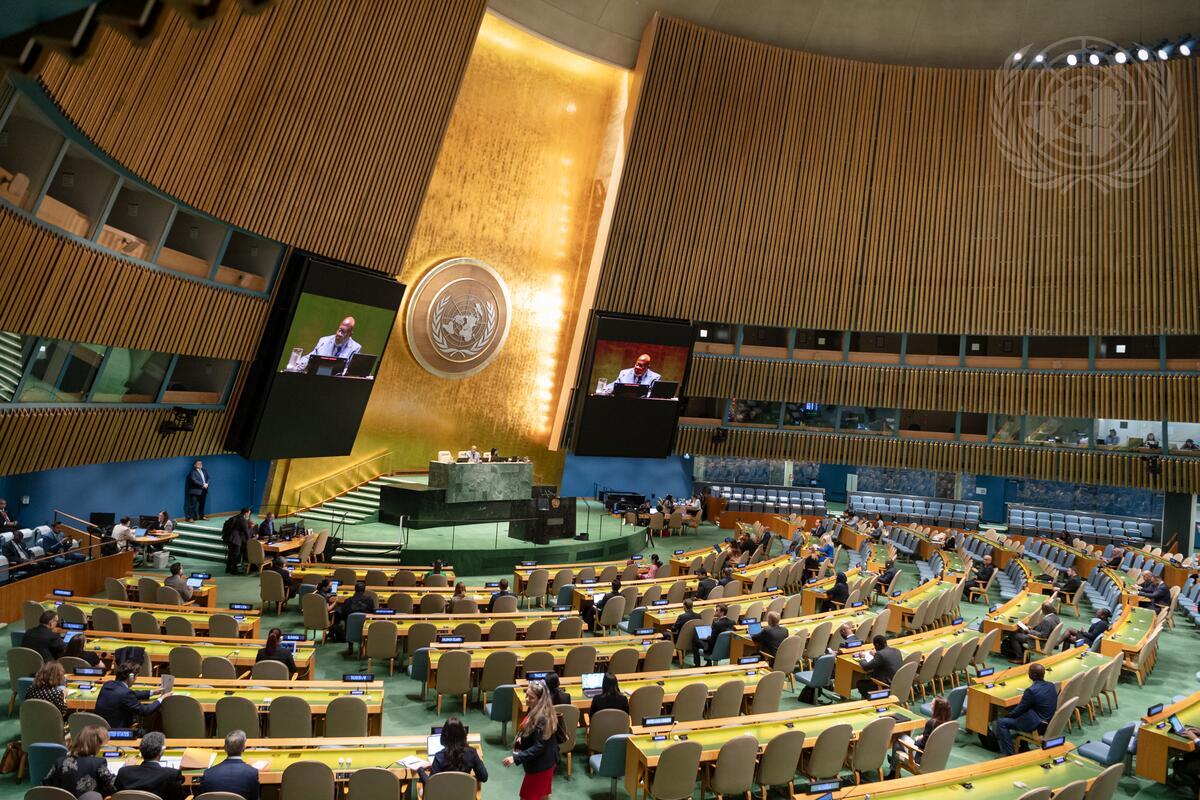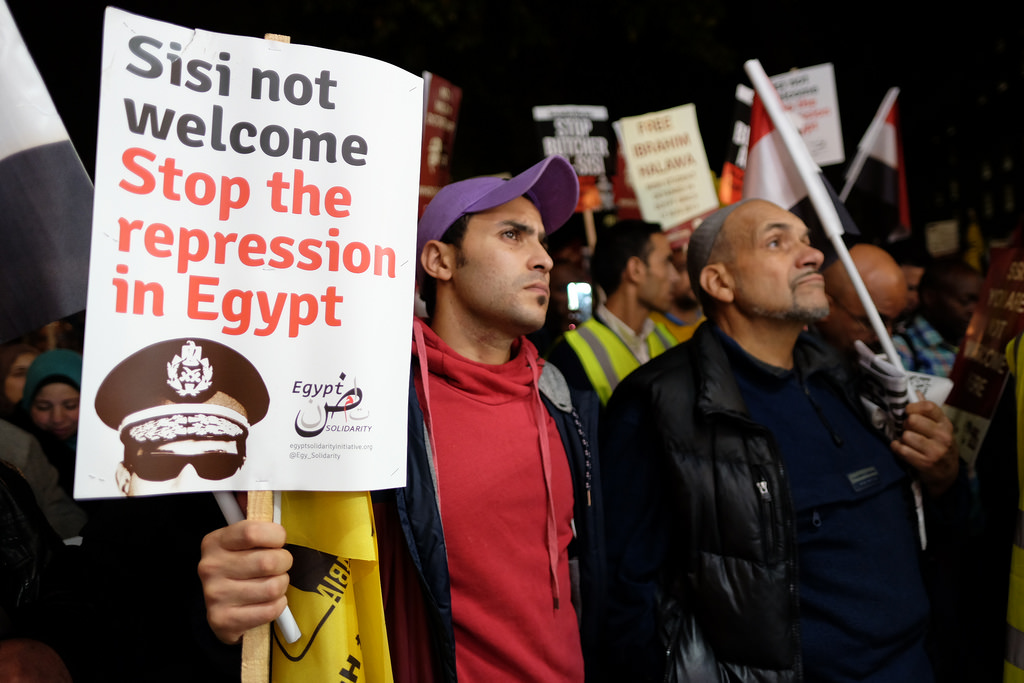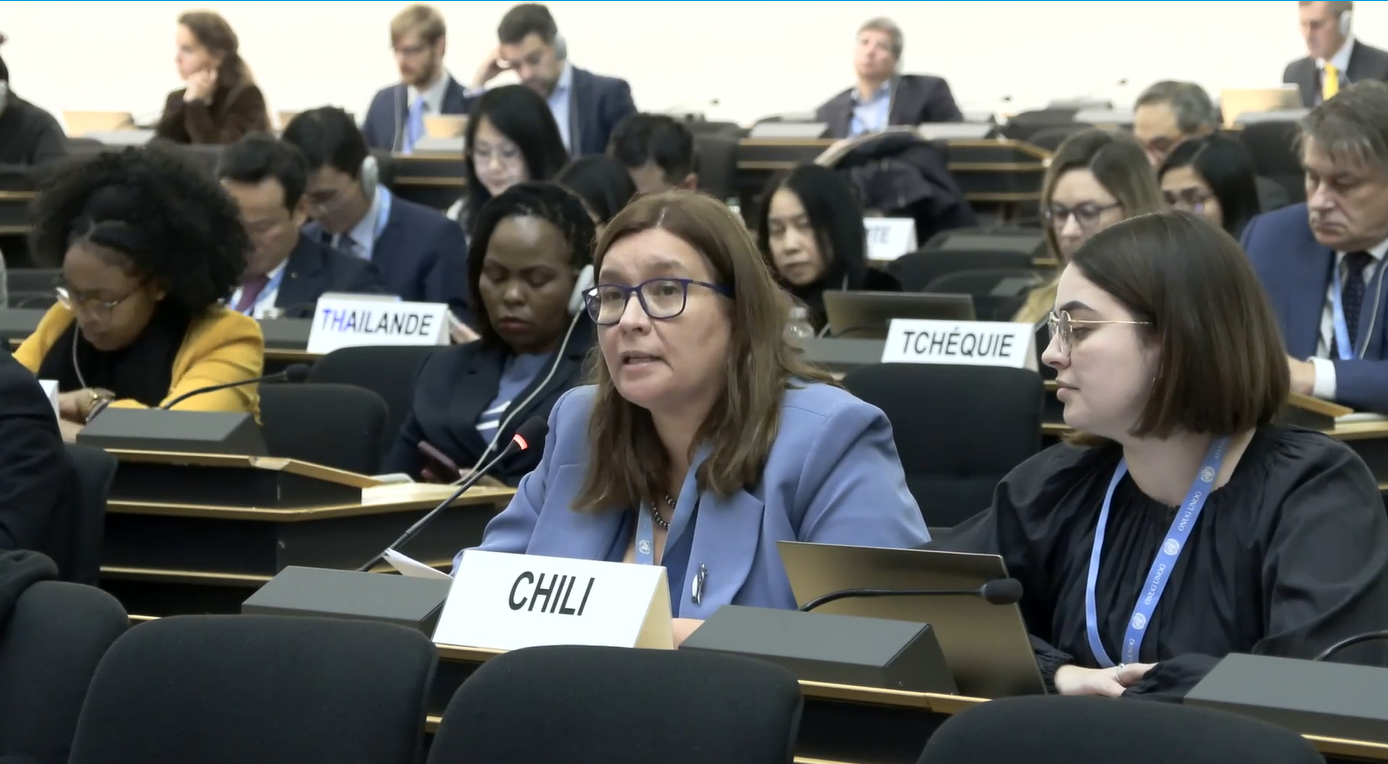The UN expert was in Egypt from 24 September to 3 October 2018, the first visit of a UN human rights expert to Egypt in almost a decade.
A joint statement issued by the Special Rapporteurs on adequate housing and on the situation of human rights defenders described the attacks as “a worrying pattern of reprisals against individuals and communities directly related to the visit of the Special Rapporteur on the right to housing.”
Witnesses said that several people who met with the Special Rapporteur’s team or provided them with information experienced reprisals. They included the demolition of several homes, the incommunicado detention of one man for two days, summons for interrogation in police stations, and a travel ban against one lawyer.
These recent reports are the latest in what has become a systematic pattern by the Egyptian authorities of attacking or otherwise carrying out reprisals against those who attempt to engage with or provide information to UN entities on human rights violations by the Egyptian authorities. Egyptian security forces also placed restrictions on the rapporteur’s movement in Egypt.
“Restricting the work of a UN team after officially inviting them to visit the country and retaliating against individuals who cooperated with her is a testament to how the Egyptian government deals with human rights: mere decorative actions to cover up unprecedented oppression of civil society,” the organisations said.
During her visit, the Special Rapporteur visited several areas in Cairo to investigate the right to adequate housing, but the authorities refused to allow her to visit Warraq island, in Giza, where residents are at risk of forced eviction. In Manshiyet Naser, an area in Western Cairo known for unsafe housing conditions and where authorities have been carrying out forced evictions, residents and lawyers operating in the area confirmed that police officers arrested one man the Special Rapporteur had met with several days earlier. The police held him incommunicado for two days, before releasing him without charge.
In addition, on 22 October, the authorities demolished several houses in the neighborhood, including at least one belonging to someone with whom the Special Rapporteur had met. These demolitions were also reported by Egyptian media, including the pro-government newspaper al-Youm7 which published photos of the demolitions.
The steps the UN has taken to challenge the Egyptian government’s brutal and widespread campaign of repression are commendable. This includes recent statements that strongly denounce the mass death sentences for people who participated in protests in Egypt, and a rare call by a large number of UN independent experts for the UN Human Rights Council to “urgently respond” to the government’s “appalling” behavior.
The organisations said that Egypt appears to be attempting to use the UN to whitewash its abysmal human rights record by agreeing to country visits by a few selected UN experts, including on the right to adequate housing, on the rights of persons with albinism, and the independent expert on foreign debt, among others.
Instead of working on improving its human rights records and ending human rights violations, the Egyptian government’s response to the UN about these violations has been to deny any and all wrongdoing and to accuse the UN High Commissioner on Human Rights and other UN officials of breaching UN standards and adopting the “lies” of “terrorist” organisations.
This is happening in the context of a whole-scale repression campaign that the government has been leading to crush civil society and independent organisations by means of intimidation, arbitrary arrests, unfair prosecutions, and travel bans, among other abusive measures. The attacks against those who engaged with the Special Rapporteur on adequate housing and the restrictions imposed on her team during her visit are a direct attack on the UN system itself and a flagrant example of non-cooperation with the UN human rights system. These may also set a dangerous precedent in which a visit of a UN expert is used by the authorities to target and harass those who denounce human rights violation, including through the commission of further human rights violations.
In light of these alarming circumstances, the organisations urge the UN to take prompt action to address these attacks, including:
- The Coordinating Committee of the UN Special Procedures and all UN Special Procedure mandate holders should ensure that any further visits to Egypt are accompanied by sufficient and credible action by the Egyptian government to guarantee respect for the Terms of Reference for country visits, including: (a) confidential and private contacts with witnesses and others; (b) that no reprisals will occur against those who cooperate or seek to cooperate with the UN; and (c) that reprisals that may have occurred are adequately addressed, including by carrying out credible, thorough, and independent investigations into allegations and, where appropriate, providing adequate reparations to victims of reprisals documented by the UN in recent years. If the Egyptian authorities fail to adhere to such measures, the Coordinating Committee should recommend suspending further visits to Egypt.
- The Office of the Secretary-General, represented by the UN Assistant Secretary-General for Human Rights, should ensure an independent UN investigation into allegations of reprisals committed in the context of the visit of the Special Rapporteur on adequate housing. It should provide a report to relevant UN bodies, including to the General Assembly and the Human Rights Council, on these attacks and propose steps by the UN system and the Egyptian authorities to address such reprisals and ensure that they are not repeated.
- The Office of the High Commissioner for Human Rights (OHCHR) should review any ongoing cooperation between the Egyptian government and the OHCHR in light of numerous and serious reports of reprisals committed by the Egyptian government against those who engage with the UN human rights system. The OHCHR should ensure that any further cooperation includes a clear, time-bound commitment by the Egyptian government to ensure credible, thorough, impartial, and independent investigations into allegations of reprisals and, where appropriate, provide adequate reparations for victims.
- The Human Rights Council President should address allegations of reprisals, including engaging directly with the Egyptian authorities, in line with good practices of Council Presidents.
- UN member States should initiate action at the UN Human Rights Council to address these reprisals and ensure that Egypt adheres to its responsibilities as a member State of the UN as well as a current member of the UN Human Rights Council, recalling that members are bound to uphold the highest standards in the promotion and protection of human rights, and fully cooperate with the Council (GA RES 60/251).
It is critical for the UN and its member States to ensure an urgent and robust UN system-wide response to address the dire situation that civil society is facing in Egypt, including attacks by the government in reprisal against those who met with the Special Rapporteur on adequate housing, the groups said. Failing to do so will only encourage similar human rights violations in the future and risk undermining the accessibility and credibility of the UN experts and the wider human rights system.
*Amnesty International, Cairo Institute for Human Rights Studies, Committee for Justice, Human Rights Watch, International Service for Human Rights, The Global Initiative for Economic, Social and Cultural Rights.
Contact: Salma El Hosseiny, [email protected]
Image: Alisdare Hickson, Flickr




